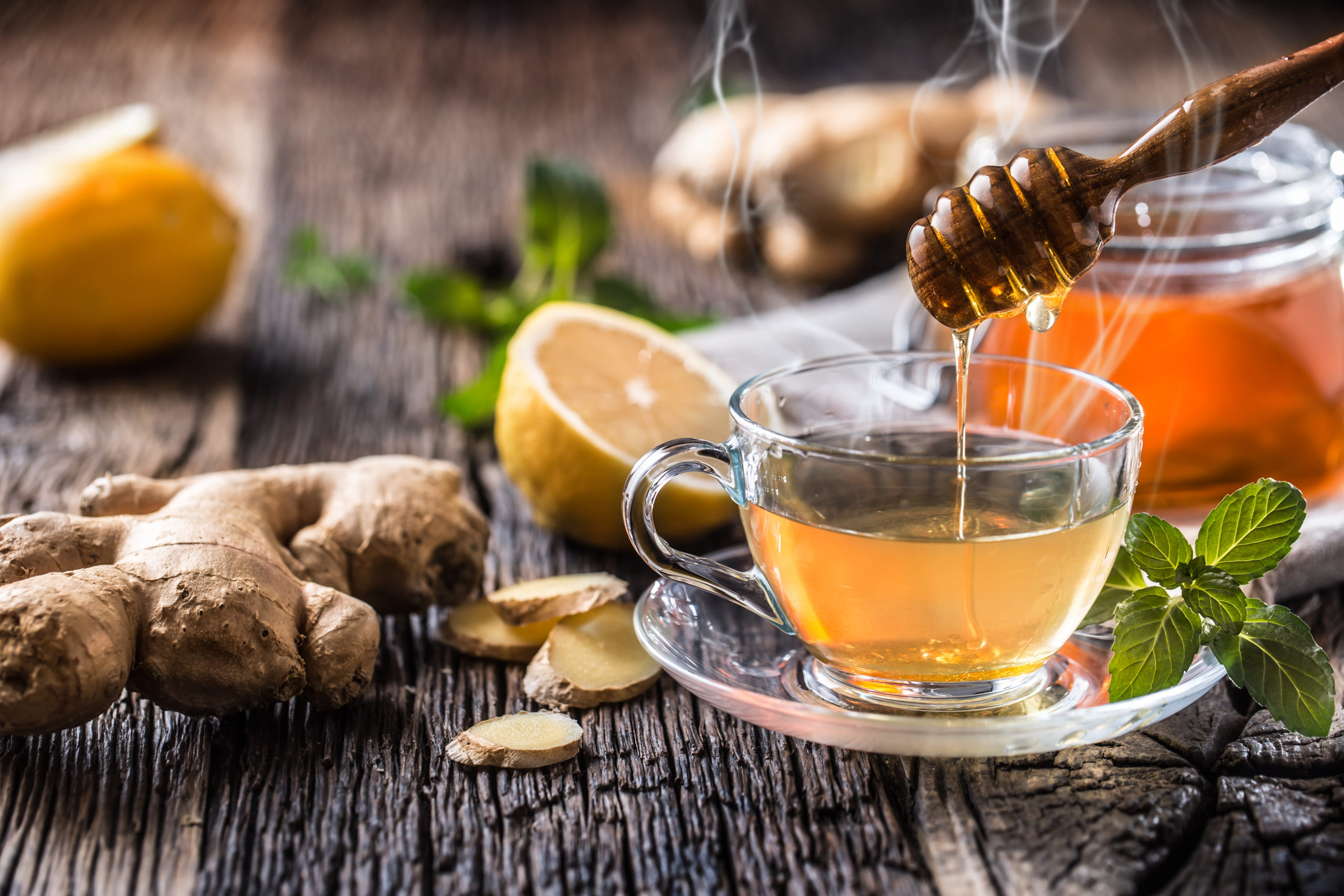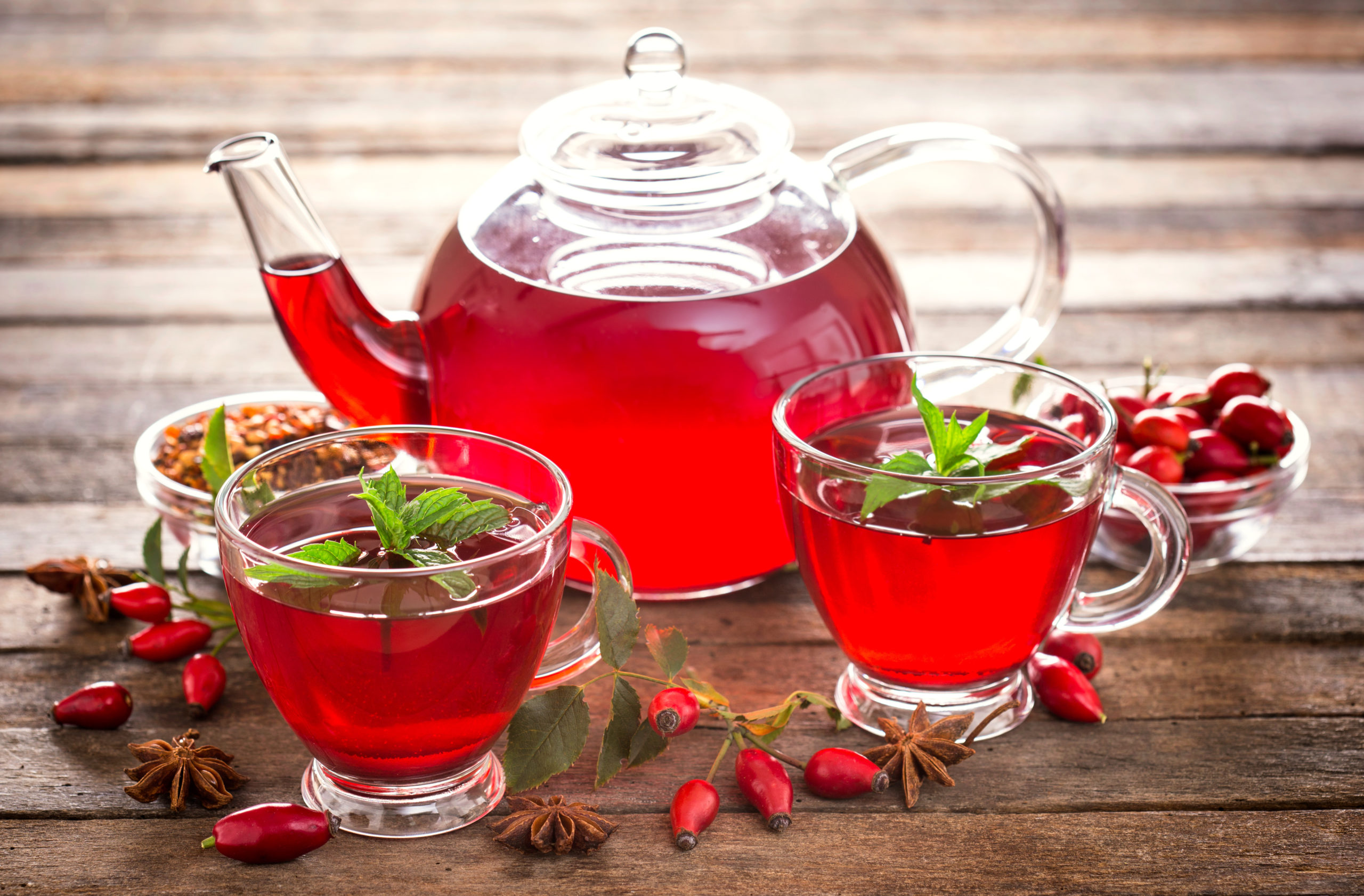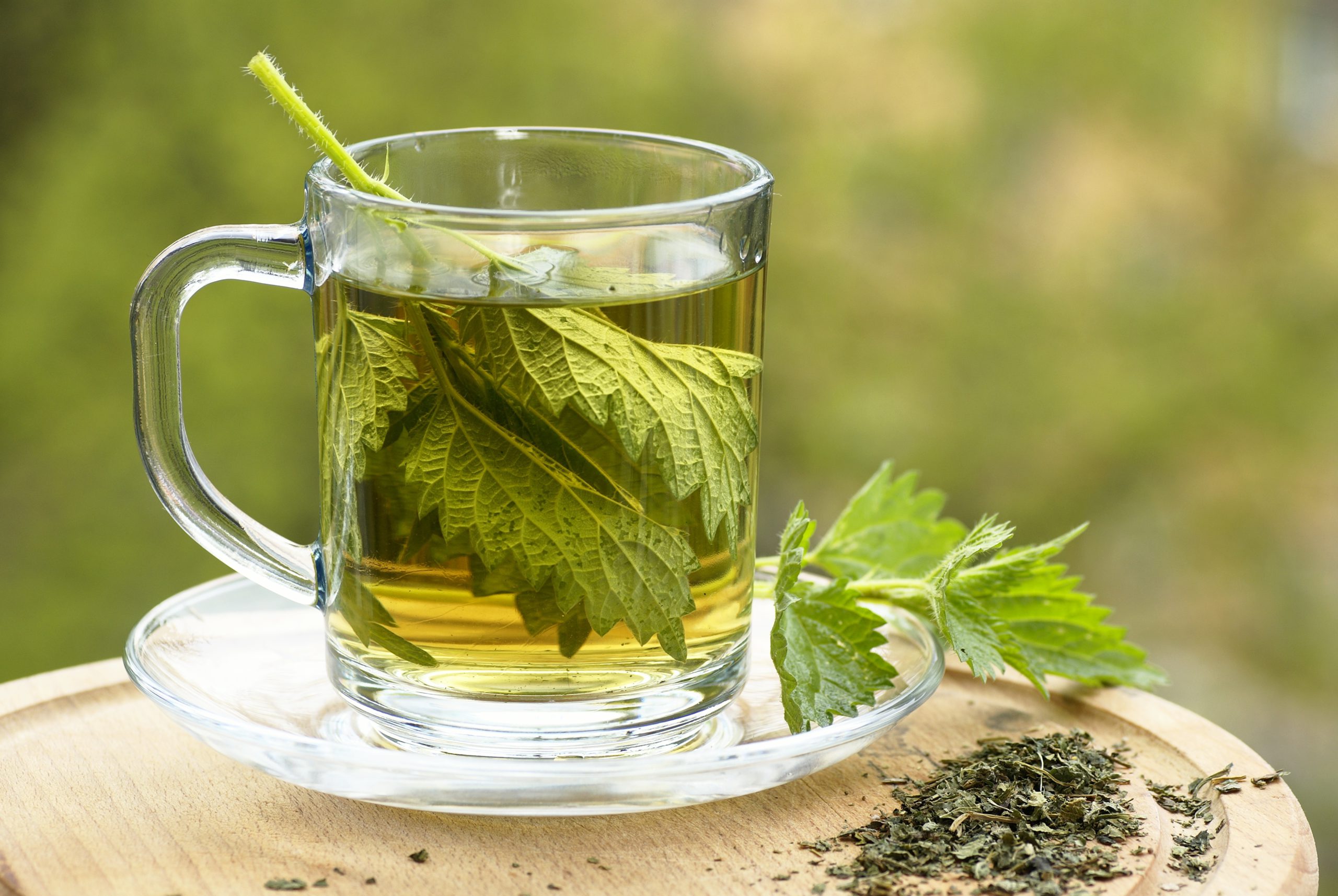Teas for Easing RA Symptoms

If you are one of the 1.3 million Americans suffering from rheumatoid arthritis, then you know it is not an easy condition to live with. The aches, soreness, and stiffness in your joints likely make it challenging to even perform simple daily tasks. Thankfully, there are many natural remedies that will help keep joint discomfort at bay. In fact, there are numerous teas for easing RA symptoms that you can enjoy while getting rid of unwanted rheumatoid arthritis symptoms.
The main reason why drinking teas for easing RA symptoms is incredibly effective is due to the anti-inflammatory properties they hold. Since inflammation is the reason for the aches and discomfort your joints are experiencing, anything that reduces it will help relieve those RA symptoms. No matter what your taste, you are sure you find a tea that suits your preferences so that you enjoy the inflammation-fighting benefits tea offers.
The following are teas for easing RA symptoms you will want to experiment with.
Ginger Tea
Ginger tea has been found to reduce inflammation in people who suffer from arthritis, according to a 2016 study. The study was specifically looking to see whether this tea could reduce the knee aches people were dealing with. While they were not drinking ginger tea, they did take 25mg of ginger for a month.
You can achieve the inflammation-reducing effects ginger tea offers by getting some ginger root at your local market. You would then simply need to make thin slices and steep them in hot water for approximately 10 minutes. You can also find ginger tea bags. If you are taking blood thinners, you may want to skip ginger tea and try one of the others on this list.

Green Tea
Hailed to be somewhat of a miracle-maker, green tea has a wealth of health benefits, including reducing inflammation. It has long been known to protect the heart, as well as increase the efficiency of the brain. We now know that all of those antioxidants and anti-inflammatory compounds also keep rheumatoid arthritis symptoms at bay.
A study in 2016 looked at a special phytochemical called EGCG and found that it can eliminate the unwanted symptoms associated with RA. In fact, it was able to do this without negatively affecting any other cell functions.
Rosehip Tea
A decidedly floral tea, rosehip tea is made by using the unopened flower balls found on rose bushes. These are packed with highly-concentrated amounts of vitamin C, along with phytochemicals, and other anti-inflammatory compounds. The effects of drinking rosehip tea are so profound that they can get rid of joint discomfort for both people suffering from osteoarthritis and rheumatoid arthritis.
When you first drink rosehip tea, you will notice that it has a decidedly tart and fruity flavor profile. It’s a tea that you will often find fused with hibiscus, which is another healthy flower.

Black Tea
Yes, even the ultra-common and highly popular black tea is one of the best teas for easing RA symptoms. There is a massive amount of a bioflavonoid called quercetin present in black tea. This compound has been found to have anti-inflammatory properties, resulting in fewer aches for people with RA.
There was a study done in 2015 that identified quercetin as a powerful inflammation reducer. The study also learned that it provides antioxidant protection for those who consume it. If you are jumping for joy learning about the positive benefits of black tea for RA symptoms, keep in mind that this tea has more caffeine than most. Some forms of black tea have more caffeine than others. You may need to experiment a little bit before finding the right black tea for you.
Willow Bark Tea
This may be an odd-sounding tea to you but it has been proven to work wonders for RA symptoms. Willow bark has been used in Traditional Chinese Medicine for an incredibly long time as a de facto form of aspirin. After all, aspirin exists thanks to willow bark.
When you drink willow bark tea, you receive anti-inflammatory compounds like polyphenols and flavonoids. These are very powerful and potent, so much so that certain people avoid willow bark tea. If you are on blood thinners, beta-blockers, or are pregnant, you should try another tea on this list.
Nettle Leaf Tea
The final tea on our list is made using nettle leaves. These leaves come from the aptly named stinging nettle plant. Although it does not sting when made into a tea, the living leaves indeed do when you brush up against them. Nettle leaves have been used for an incredibly long time in Europe, where they grow natively. They have been used to treat joint discomfort and arthritis quite effectively. This is due to there being an antioxidant present that blocks enzymes that promote inflammation.
Nettle leaf tea is plentifully available. However, if you have had problems with your kidneys or bladder, you may want to try another tea on our list of teas for easing RA symptoms.

Take a Joint Supplement With your Tea
If you want to get the most out of drinking any one of these teas, you may want to consider taking a joint supplement like JointFuel360. This powerful supplement comes loaded with anti-inflammatory compounds and antioxidants of its own. It optimizes and maximizes their effectiveness thanks to a specially formulated blend of all-natural ingredients. There is a combination of black pepper extract and turmeric, which become 20x more potent when taken together. You also get resveratrol, which is a powerful antioxidant. Boswellia serrata is also included and helps reduce joint swelling.
There are even other ingredients supportive of healthy joints like hyaluronic acid and Type II collagen. It’s easy to benefit from this joint supplement. Simply take it when you have your tea and notice how significantly different your joints feel afterward.
Conclusion
These teas for easing RA symptoms are enjoyed by millions of people, and now you can as well. There is no need to live with aching joints when you could get rid of them by simply enjoying some tea and taking a joint supplement.
The post Teas for Easing RA Symptoms appeared first on Joint Fuel 360.
Comentários
Postar um comentário